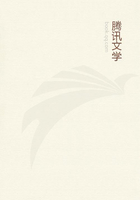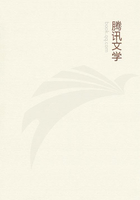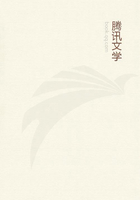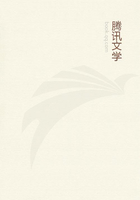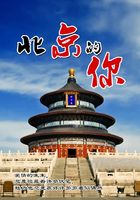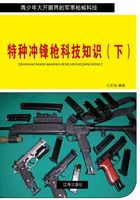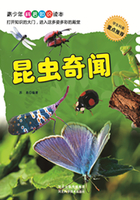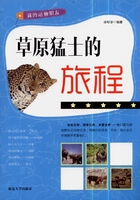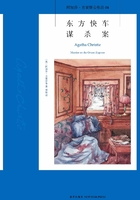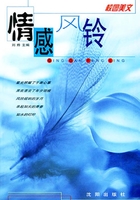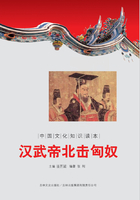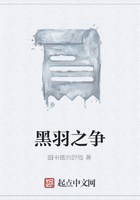Conversation is a game of circles. In conversation we pluck up the _termini_ which bound the common of silence on every side. The parties are not to be judged by the spirit they partake and even express under this Pentecost. To-morrow they will have receded from this high-water mark. To-morrow you shall find them stooping under the old pack-saddles. Yet let us enjoy the cloven flame whilst it glows on our walls. When each new speaker strikes a new light, emancipates us from the oppression of the last speaker, to oppress us with the greatness and exclusiveness of his own thought, then yields us to another redeemer, we seem to recover our rights, to become men.
O, what truths profound and executable only in ages and orbs are supposed in the announcement of every truth! In common hours, society sits cold and statuesque. We all stand waiting, empty, -- knowing, possibly, that we can be full, surrounded by mighty symbols which are not symbols to us, but prose and trivial toys. Then cometh the god, and converts the statues into fiery men, and by a flash of his eye burns up the veil which shrouded all things, and the meaning of the very furniture, of cup and saucer, of chair and clock and tester, is manifest. The facts which loomed so large in the fogs of yesterday, -- property, climate, breeding, personal beauty, and the like, have strangely changed their proportions. All that we reckoned settled shakes and rattles; and literatures, cities, climates, religions, leave their foundations, and dance before our eyes. And yet here again see the swift circumspection! Good as is discourse, silence is better, and shames it. The length of the discourse indicates the distance of thought betwixt the speaker and the hearer.
If they were at a perfect understanding in any part, no words would be necessary thereon. If at one in all parts, no words would be suffered.
Literature is a point outside of our hodiernal circle, through which a new one may be described. The use of literature is to afford us a platform whence we may command a view of our present life, a purchase by which we may move it. We fill ourselves with ancient learning, install ourselves the best we can in Greek, in Punic, in Roman houses, only that we may wiselier see French, English, and American houses and modes of living. In like manner, we see literature best from the midst of wild nature, or from the din of affairs, or from a high religion. The field cannot be well seen from within the field. The astronomer must have his diameter of the earth's orbit as a base to find the parallax of any star.
Therefore we value the poet. All the argument and all the wisdom is not in the encyclopaedia, or the treatise on metaphysics, or the Body of Divinity, but in the sonnet or the play. In my daily work I incline to repeat my old steps, and do not believe in remedial force, in the power of change and reform. But some Petrarch or Ariosto, filled with the new wine of his imagination, writes me an ode or a brisk romance, full of daring thought and action. He smites and arouses me with his shrill tones, breaks up my whole chain of habits, and I open my eye on my own possibilities. He claps wings to the sides of all the solid old lumber of the world, and I am capable once more of choosing a straight path in theory and practice.
We have the same need to command a view of the religion of the world. We can never see Christianity from the catechism: -- from the pastures, from a boat in the pond, from amidst the songs of wood-birds, we possibly may. Cleansed by the elemental light and wind, steeped in the sea of beautiful forms which the field offers us, we may chance to cast a right glance back upon biography.
Christianity is rightly dear to the best of mankind; yet was there never a young philosopher whose breeding had fallen into the Christian church, by whom that brave text of Paul's was not specially prized: -- "Then shall also the Son be subject unto Him who put all things under him, that God may be all in all." Let the claims and virtues of persons be never so great and welcome, the instinct of man presses eagerly onward to the impersonal and illimitable, and gladly arms itself against the dogmatism of bigots with this generous word out of the book itself.
The natural world may be conceived of as a system of concentric circles, and we now and then detect in nature slight dislocations, which apprize us that this surface on which we now stand is not fixed, but sliding. These manifold tenacious qualities, this chemistry and vegetation, these metals and animals, which seem to stand there for their own sake, are means and methods only, -- are words of God, and as fugitive as other words. Has the naturalist or chemist learned his craft, who has explored the gravity of atoms and the elective affinities, who has not yet discerned the deeper law whereof this is only a partial or approximate statement, namely, that like draws to like; and that the goods which belong to you gravitate to you, and need not be pursued with pains and cost? Yet is that statement approximate also, and not final. Omnipresence is a higher fact. Not through subtle, subterranean channels need friend and fact be drawn to their counterpart, but, rightly considered, these things proceed from the eternal generation of the soul. Cause and effect are two sides of one fact.
The same law of eternal procession ranges all that we call the virtues, and extinguishes each in the light of a better. The great man will not be prudent in the popular sense; all his prudence will be so much deduction from his grandeur. But it behooves each to see, when he sacrifices prudence, to what god he devotes it; if to ease and pleasure, he had better be prudent still; if to a great trust, he can well spare his mule and panniers who has a winged chariot instead. Geoffrey draws on his boots to go through the woods, that his feet may be safer from the bite of snakes; Aaron never thinks of such a peril. In many years neither is harmed by such an accident.

